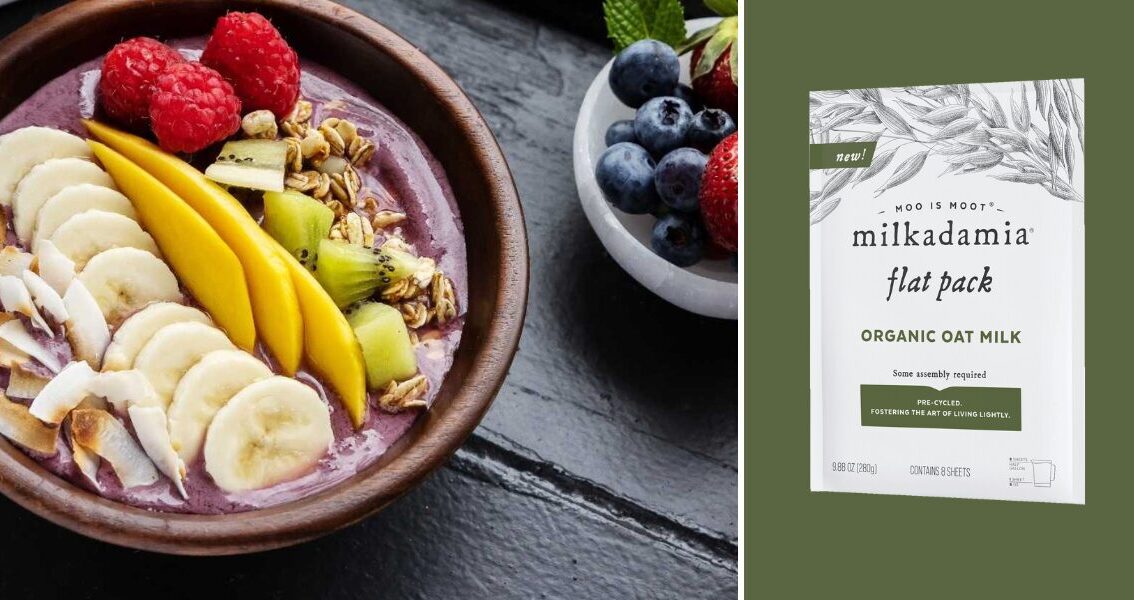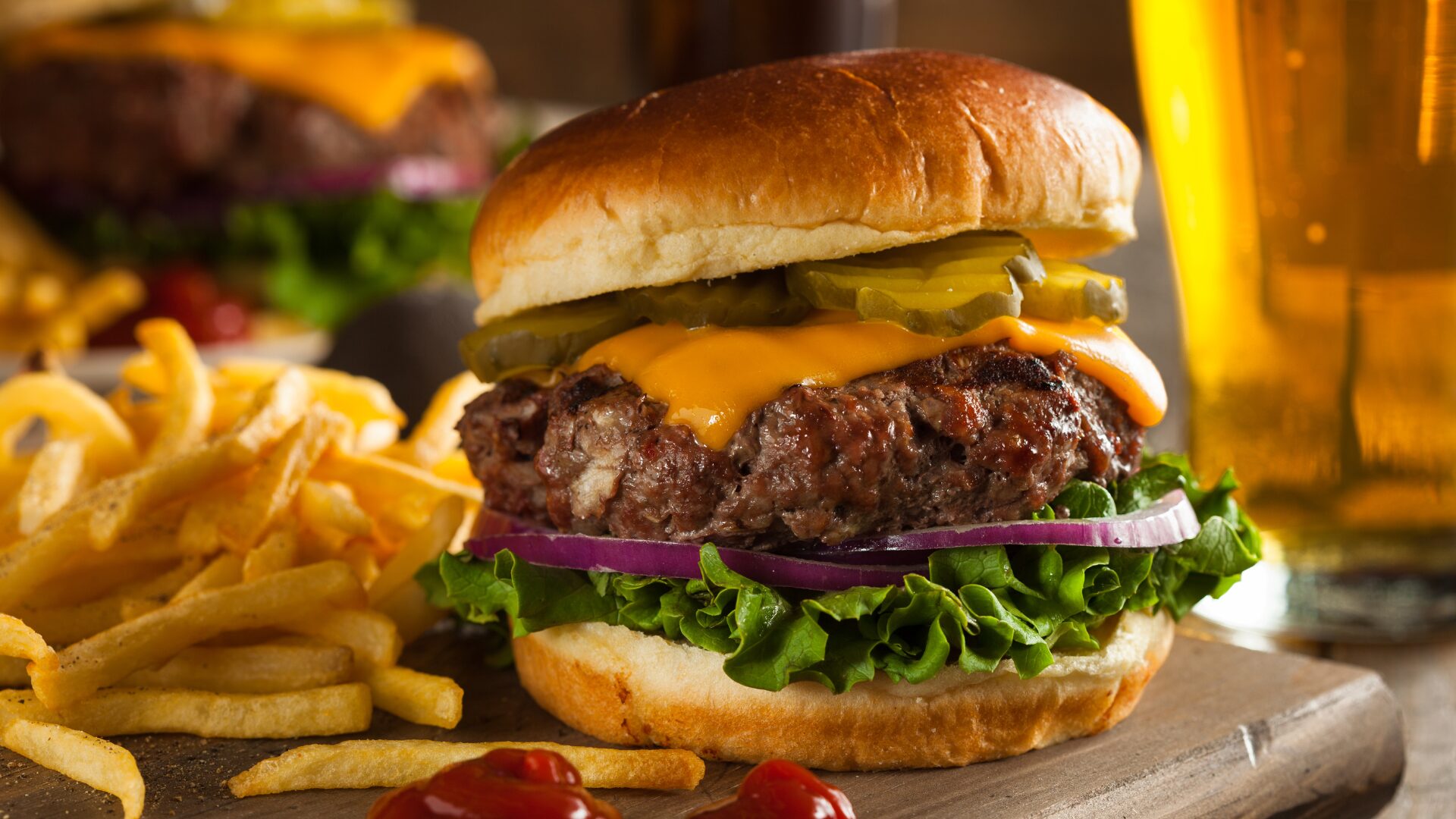Modern consumers are faced with countless diet choices, from Whole 30, Keto, Paleo, Plant-Based, Vegan, Flexitarian, and everything in between. Meanwhile, food and beverage companies are faced with deciding how to pivot their brand strategy and business model to align with these growing consumer trends that are impacting overall consumer attitudes.
In a similar vein, one of the key trends recently is the rise of Climatarianism – a more holistic way to eat while reducing one’s carbon footprint.
Veganism dominated the consumer market in the past five years with an abundance of vegan certified products and foodservice offerings. However, many consumers are reluctant to give up all the meat and dairy products and some are even shifting back to their carnivore diet. Climatarianism, meanwhile, is about the impact of the carbon footprint on one’s food choices and not about the type of food eaten.
Climatarians focus on eating locally produced food to reduce the energy spent on transportation from imported fruits and vegetables, avoid processed food due to high energy and water use, and leverage upcycles by using every part of the food to limit waste.
It’s also worth noting that the climatarian movement aims to reduce meat consumption but not remove it from the diet completely. Climatarians take into consideration factors like the fact that pork and chicken typically result in fewer emissions during production than beef and lamb. Also, the carbon footprint is less for locally raised chicken than for fruits or vegetables that are imported from overseas, for example.
Companies Joining the Movement
Many brands have begun their climatarian journey. Some have incorporated the climatarian ideology into their brand DNA and others are offering line extensions with climate-friendly claims.
For example:
- Just Salad offers the CO2 emissions of each item on its menu
- Kuri offers recipes based on locally available seasonal ingredients
- Moonshot founder Julia Collins started Planet FWD which sells sustainability software aimed at helping food companies calculate the environmental impact of their offerings
Key Considerations for Companies
When considering whether climatarianism is right for their business, food and beverage marketers would be well advised to consider the following tips.
- Celebrate locally sourced ingredients: Can you source most of the ingredients locally? Localism is not a new trend, but aligning your local ingredients or product sourcing mission now serves a greater purpose due to the lower carbon footprint impact.
- Minimize carbon footprint: Are you able to replace or remove ingredients from your products that might be traveling from a long distance? A small step can go a long way to minimizing the carbon footprint.
- Avoid greenwashing: It’s profoundly important that you don’t force climatarianism into your brand DNA. You can start by taking small steps and identifying any elements of your brand that might be able to support the environment authentically.
- Revisit your sustainability strategy: The context shared around climatarianism is meant to inspire you to revisit your overall sustainability journey and see how climatarianism might better tell your brand story.
About the Author
Joseph Chen is the CEO of research management and insight consultancy Leo & Dragon, and previously worked for the likes of Mondelez International, McDonald’s, Hershey, Unilever, and Kraft.












